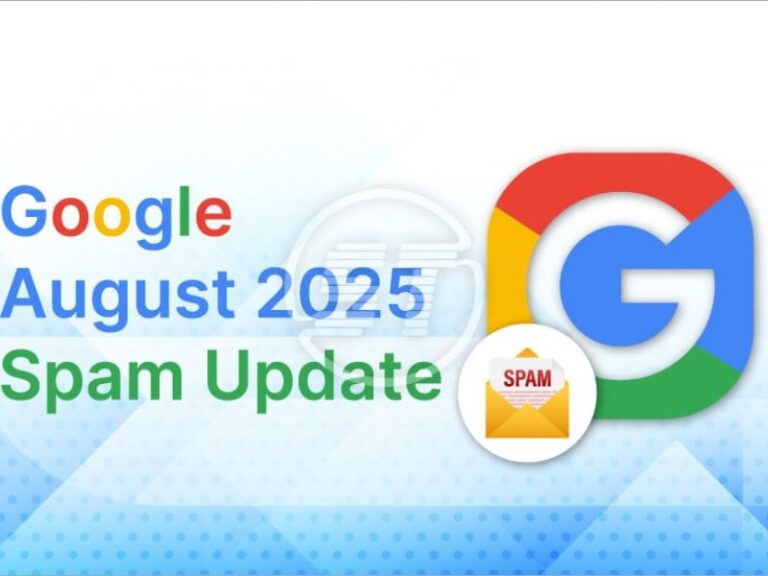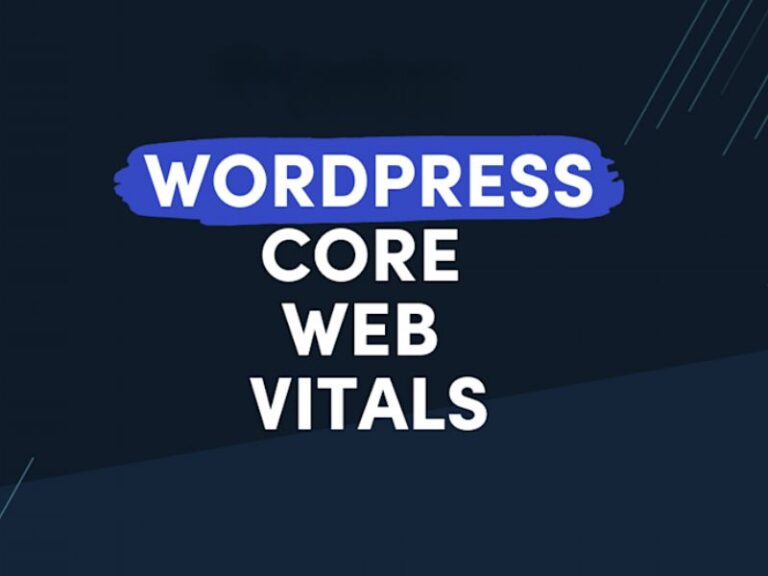Search engine optimization has always been surrounded by assumptions, misconceptions, and half-truths. While some strategies may have worked in the past, 2025 demands a new perspective. With search engines becoming more advanced, businesses must separate facts from fiction. Believing in outdated SEO practices can hold you back, so it’s time to uncover the truth behind some common myths. Let’s explore the most persistent SEO Myths that you need to rethink if you want your website to succeed in the competitive digital landscape of today.
Why SEO Myths Spread Quickly
SEO is constantly evolving, and with every Google algorithm update, new tactics emerge. Unfortunately, not all advice is accurate. SEO Myths spread because of outdated blog posts, self-proclaimed experts, and businesses clinging to old methods. Since many professionals seek quick wins, they fall into the trap of believing in simplified strategies that no longer work. As a result, these misconceptions get repeated, creating confusion in the industry.
The Real Cost of Believing in SEO Myths
When businesses follow misleading tactics, they end up wasting time, money, and resources. Worse, some SEO Myths can harm rankings rather than improve them. For example, keyword stuffing or focusing only on backlinks without content quality can backfire. In the competitive 2025 market, businesses cannot afford such costly mistakes.
How Myths Impact Website Performance
Clinging to outdated SEO Myths affects user experience, keyword strategy, and even brand trust. By understanding the truth, businesses can make informed decisions that align with Google’s current guidelines and user expectations.
Debunking SEO Myths with Facts and Strategy
Myth 1: More Keywords Mean Higher Rankings
This is one of the most common SEO Myths still circulating. Many people assume that cramming content with as many keywords as possible will boost visibility. However, search engines now prioritize context, relevance, and natural language processing. Keyword stuffing not only looks unnatural but also risks penalties.
The Truth About Keyword Usage
Modern SEO focuses on semantic search and user intent. Instead of repeating the same keyword, businesses should use variations, synonyms, and long-tail keywords. This approach helps content flow naturally while meeting Google’s quality standards.
Myth 2: Backlinks Alone Guarantee Rankings
Another widespread misconception is that backlinks are the ultimate ranking factor. While backlinks remain important, they are not the only ingredient for success. Believing in this myth leads businesses to ignore content quality and user engagement, which are equally crucial.
What Really Matters with Backlinks
Search engines consider the relevance, authority, and trustworthiness of linking websites. In 2025, it’s better to build relationships and earn backlinks from authoritative sources rather than chasing large numbers from irrelevant websites.
Myth 3: SEO Is a One-Time Setup
Many businesses still think SEO is something you set up once and forget. This is one of the deadliest SEO Myths. SEO is a long-term, ongoing process. Search engine algorithms change, user behavior evolves, and competitors constantly optimize their strategies. If you stop adapting, your rankings will decline.
Why Ongoing SEO Matters
Consistent updates, fresh content, and technical audits keep websites competitive. A strong SEO strategy is never static—it’s dynamic, requiring constant attention to maintain success.
Modern SEO Myths That Mislead Businesses
Myth 4: Social Media Doesn’t Impact SEO
Some marketers still believe that social signals do not influence SEO. While it’s true that likes and shares are not direct ranking factors, dismissing the role of social media is a dangerous assumption. This is one of the SEO Myths that needs rethinking in 2025.
The Real Relationship Between Social Media and SEO
Social platforms amplify content visibility, drive traffic, and increase opportunities for backlinks. When more people discover and engage with your content through social channels, it indirectly supports SEO efforts.
Myth 5: Long Content Always Wins
Lengthy blog posts often perform well, but assuming that more words automatically mean higher rankings is misleading. This is another SEO Myth that businesses fall for. Search engines prioritize relevance, not length.
How to Balance Length and Quality
Content should provide value, not filler. A 2000-word blog post will only perform if it addresses user intent, answers questions, and offers solutions. Quality and readability must come before word count.
Myth 6: Exact Match Domains Guarantee Success
Years ago, businesses rushed to buy exact-match domains because they believed this alone would help them dominate rankings. While this once worked, it is now a dangerous SEO Myth in 2025. Search engines no longer prioritize domains stuffed with keywords.
The Modern Role of Domains in SEO
Brand reputation, content quality, and user trust matter more than domain names. A strong brand can thrive even with a creative domain that doesn’t include keywords.
Breaking Free from SEO Myths in 2025
What Businesses Should Focus On Instead
Instead of falling for SEO Myths, companies should prioritize strategies that align with modern search engine algorithms. These include improving user experience, optimizing for mobile, creating high-quality content, and leveraging structured data. Businesses should also focus on technical SEO, ensuring fast site speed, secure browsing, and accessibility.
Practical Steps to Overcome Misconceptions
- Regularly update content to maintain relevance.
- Conduct SEO audits to identify and fix technical issues.
- Leverage analytics to understand user behavior.
- Invest in quality over quantity when it comes to content and backlinks.
- Stay informed about Google’s latest updates and industry best practices.
Building a Future-Proof SEO Strategy
By focusing on long-term value and avoiding short-lived tactics, businesses can create sustainable growth. A strategy built on truth rather than SEO Myths will keep websites competitive in 2025 and beyond.
Rethinking SEO Myths for Long-Term Success
How Search Engines Are Changing
Search engines are moving towards more advanced AI-driven algorithms, voice search optimization, and user-first ranking systems. These changes mean SEO Myths will continue to surface. Staying educated and adapting strategies will be crucial for success.
Why Business Leaders Must Stay Informed
Business owners who rely on outdated SEO Myths risk losing visibility to competitors. By staying informed, leaders can make smarter marketing decisions and guide their teams toward sustainable strategies.
The Competitive Edge of Truthful SEO
Brands that embrace factual SEO practices gain long-term trust, better rankings, and improved conversions. The key is consistency, authenticity, and user-first strategies.
Conclusion: In 2025, the digital world is more competitive than ever. Falling victim to SEO Myths can sabotage even the strongest marketing strategies. By debunking these misconceptions and focusing on proven, user-centered SEO techniques, businesses can stay ahead of competitors. Remember, SEO is not about shortcuts or outdated tricks—it’s about building sustainable visibility that stands the test of time. The sooner you rethink these myths, the faster your brand will grow in the evolving online landscape.
Frequently Asked Questions About SEO Myths
Why are SEO Myths still common in 2025?
SEO Myths remain common because search engines constantly update their algorithms, and not all businesses keep up. Many outdated articles and online forums continue spreading old tactics, which leads to confusion. As a result, misconceptions linger, making it crucial for marketers to stay informed.
Can SEO Myths actually harm my website?
Yes, following SEO Myths can harm your website. For example, keyword stuffing, spammy backlinks, or focusing only on exact-match domains can lead to penalties, reduced rankings, and poor user experience. A better approach is to focus on authentic, user-centered strategies that align with Google’s best practices.
What is the biggest SEO Myth to avoid in 2025?
One of the biggest SEO Myths to avoid in 2025 is believing that SEO is a one-time setup. Search optimization is an ongoing process that requires continuous updates, fresh content, and technical audits. Businesses that treat SEO as static will quickly fall behind competitors.
Are all SEO Myths outdated, or do some still have value?
Not all SEO Myths are completely false—many are oversimplified truths. For example, backlinks still matter, but it’s not about quantity alone; quality and relevance are more important. Understanding the nuance behind each myth helps marketers apply strategies correctly without falling into traps.
How can I protect my business from falling for SEO Myths?
To avoid SEO Myths, businesses should rely on reputable SEO resources, follow Google’s official guidelines, and conduct regular audits. Partnering with experienced SEO professionals also ensures strategies are based on facts rather than misconceptions.






